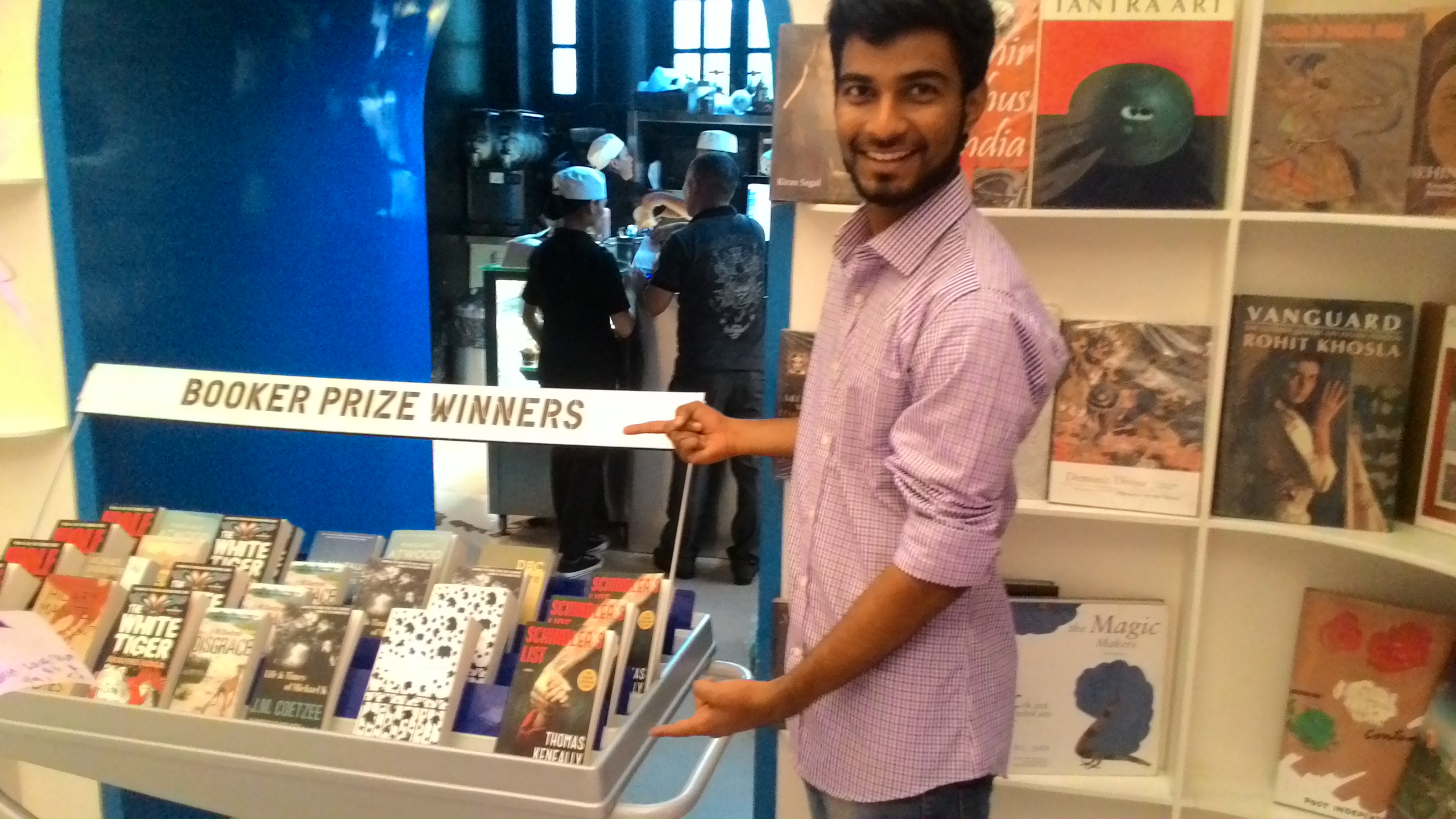Leander Paes - Rohan Bopanna | A disaster in the making?
The All India Tennis Association on Saturday announced the teams for the 2016 Olympic Games in Rio de Janeiro, naming Leander Paes as Rohan Bopanna’s partner in men’s doubles. This was a clear snub to Bopanna’s preference for Saketh Myneni as his partner.

After Bopanna had made it to the top-10 of the men’s doubles rankings, he won the liberty to choose any player from India as his partner for the Games, pending AITA’s approval. With Leander Paes, currently ranked No. 46, seeming to be the best choice, the national association was hoping there would be no repeat of the fiasco preceding the 2012 London Olympics.
Rohan Bopanna had refused to pair up with Paes for the 2012 Games, even as AITA had already decided on it. With Mahesh Bhupathi being Bopanna’s stubborn choice, the tennis body offered lowly ranked Vishnu Vardhan as Paes’ partner. Paes then threatened to pull out of the Games, again forcing AITA to direct Sania Mirza to partner him, a move the Hyderabadi girl clearly didn’t approve of.
A similar drama is set to unfold now. Bopanna picked 125th ranked Saketh Myneni as his preference in a letter to the association on 10th June. The selection committee quashed his choice though, and has decided to pair up Paes and Bopanna for Rio, with Bopanna partnering Sania in the mixed doubles. On the face of it, this seems a logical choice—sending the two best ranked players in the country to give their all in the South American city. But if we dig deeper, setting aside the emotional aspects of Paes' seventh straight Olympics, and the difference in ATP rankings of Myneni and Paes, this may not be the right choice after all.
Leander Paes and Rohan Bopanna have played in a total of six matches together, enjoying a 50% win record. Five of these matches have been on hard court, the surface to be used at Rio and the duo have lost two of them. The last of them was a demoralizing 5-7,2-6,2-6 defeat to Pavlasek/ Stepanek of the Czech Republic in a Davis Cup encounter in September 2015. This was a crucial match in the tie, where a victory would have given the team a 2-1 lead over the Czechs.
Rohan Bopanna and Saketh Myneni in contrast, have played three matches together, all of them on hard courts. They have lost one of them giving themselves a win record of 67.7%. Myneni’s debut in the Davis Cup came when he partnered Bopanna in 2014 against the Chinese Taipei, which they won in four sets. He is not short of big match experience either, winning the mixed doubles gold at the Incheon Asian Games in 2014 alongside Sania Mirza. He also clinched a men’s doubles silver at the same tournament, with Sanam Singh as his partner.
Bopanna is a heavily built player, who has-by his own-admission-enjoyed greater success with big serving players with a strong forehand. Leander Paes is one of the better volleyers on tour, with most of his game-play dictated by deft touches at the net and athleticism. His serve is relatively weak though, with the veteran repeatedly admitting the need to work on it.
One glaring factor that stands out is Bopanna and Paes’ age. Bopanna is 36, an age by which most athletes would have retired. And Leander Paes, the 18-time Grand Slam champion will turn 43 in a week. Paes and Bopanna had split in 2011, with the former stating this was because he believed they were too old to be playing together; both of them needed younger partners. The 6’4” Myneni is 28, and is certainly capable of adding fresher legs and pace to the pair.

Yet, the elephant in the room is the relationship that the experienced players share. Their unhealthy bond is no secret. Bopanna, a student of the Mahesh Bhupathi’s academy, has had some ugly moments with Leander Paes. In 2008, when Paes was Davis Cup captain, Bopanna led a revolt against him, refusing to play against Japan if Paes continued at the helm. This mutiny also involved Prakash Amritraj, Mahesh Bhupathi and Karan Rastogi. AITA backed the veteran though, deciding to ignore the revolting players, and named fresh players for the tie.
And most famously, in 2012 he refused to partner the five-time Wimbledon champion for the Olympics, preferring to partner Bhupathi at the Games. The famed “Indian Express” of Bhupathi and Paes ran into rocky roads with alleged financial, ego and trust issues. Although they’ve come together often for the nation, their relationship is now beyond repair. Rohan Bopanna’s bond with Bhupathi seems to have had a not-so-positive influence on the Paes-Bopanna association. Although being veterans of the game, it is expected that the two would bury the hatchet, the turmoil they have gone through cannot be dismissed easily.
Many legends and experts would agree that success in tennis doubles is largely dependent on camaraderie. As Agassi’s coach Nick Bolletieri would say, “playing doubles in tennis is similar to marriage”. A telepathic understanding and some well informed anticipation is vital. Two contrasting personalities with some bad blood between them would almost certainly lead to disaster. Paes clearly, is the dominant character on court—full of life, aggressive and out-spoken. Bopanna comes across as a more subdued, reserved athlete. To pit them both together might just lead to moments and memories we would want to forget.
You can help Slum Soccer send 20 of our most talented footballers to represent INDIA at Homeless World Cup at Glasgow. Click here to know more.

Comments
Sign up or log in to your account to leave comments and reactions
0 Comments